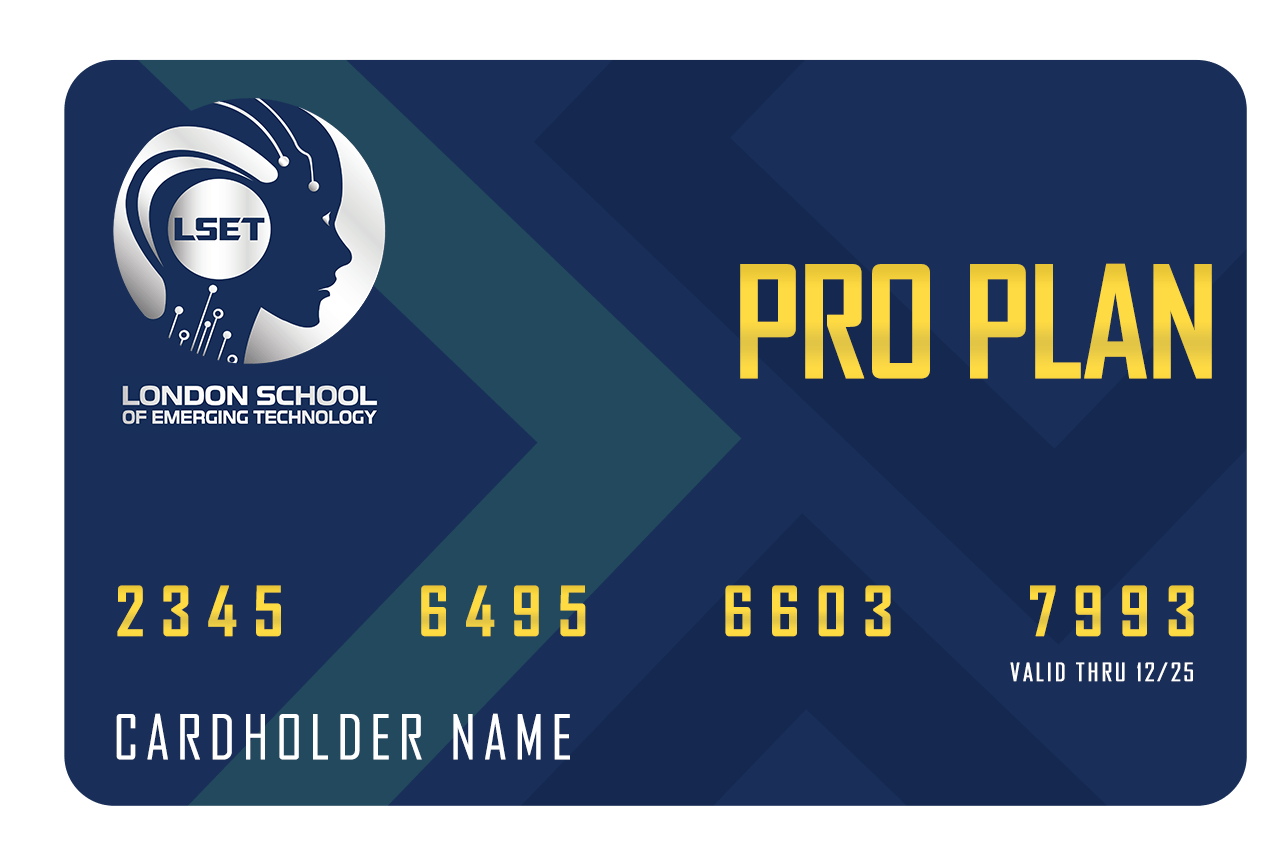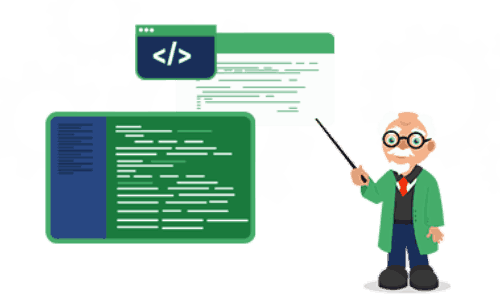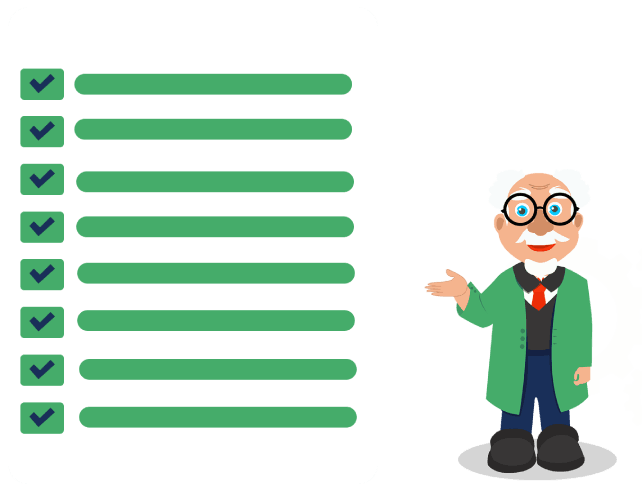The course on Node.js is a comprehensive learning program that is designed to provide a complete understanding of the Node.js framework. It is an excellent course for both beginners and experienced developers who want to learn how to use Node.js for building scalable and high-performance web applications.
This course covers a wide range of topics, including the basics of Node.js, event-driven programming, working with modules, building RESTful APIs, and deploying Node.js applications. Students will also learn how to use popular Node.js frameworks like Express and Hapi, and how to work with databases like MongoDB and MySQL.
The course is typically taught using a combination of video lectures, hands-on coding exercises, and quizzes, allowing students to reinforce their knowledge and skills as they progress through the course. Students should be able to build complex and robust web applications using Node.js by the end of the course, as well as have a thorough understanding of the framework’s strengths and limitations.
Overall, the course on Node.js is an excellent resource for anyone interested in learning how to build powerful web applications using this popular and powerful framework.



 Premium Career-Ready Track
Premium Career-Ready Track













